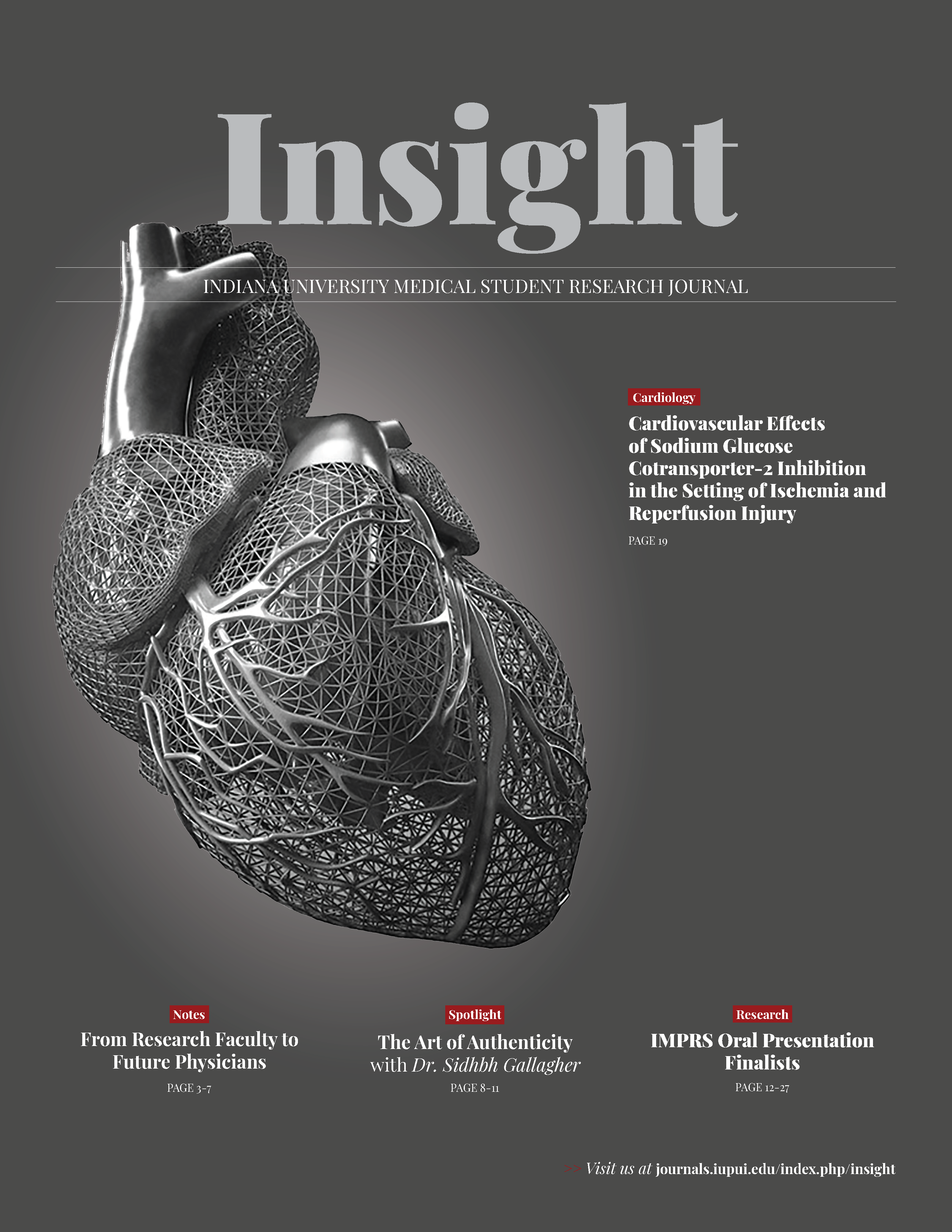Sildenafil As a Rescue Agent Following Intestinal Ischemia and Reperfusion Injury
Abstract
Background: Acute mesenteric ischemia carries a significant morbidity. Measures to improve blood flow parameters to the intestine may ameliorate the disease. Sildenafil, a PDE5 inhibitor, has been shown to increase cyclic GMP and has been shown to prevent the effects of ischemia when given before injury. However, its effects as a rescue agent have not been established. We therefore hypothesized that sildenafil, when given as a rescue agent for intestinal ischemia, would improve mesenteric perfusion, limit intestinal epithelial injury, and decrease intestinal leukocyte chemoattractants.
Methods: Eight to twelve-week-old male C57Bl6J mice underwent laparotomy and temporary occlusion of the superior mesenteric artery for 60 minutes. Following ischemia, reperfusion was permitted and prior to closing the abdomen, sildenafil was injected intraperitoneally in a variety of concentrations. After 24 hours, reperfusion was reassessed. Animals were euthanized and intestines evaluated for histologic injury and leukocyte chemoattractants.
Results: Post-ischemic administration of sildenafil did not improve mesenteric perfusion following intestinal ischemia and reperfusion injury. However, sildenafil did improve histologic injury scores in low dose treated groups. No difference was noted in histological injury with 100 mg/kg dose, and all members of the 1000 mg/kg group died and had significantly elevated intestinal injury scores compared to vehicle. Epithelial protection was not facilitated by the leukocyte chemoattractants RANTES, Mip1a, MCP, KC, or GCSF.
Conclusion: Administration of sildenafil following intestinal ischemia appears to protect the intestines via an epithelial mechanism rather than by promoting vascular dilation and improved blood flow to the mesenteric bed.
Downloads
Published
Issue
Section
License
Copyright to works published in Insight is retained by the author(s).

